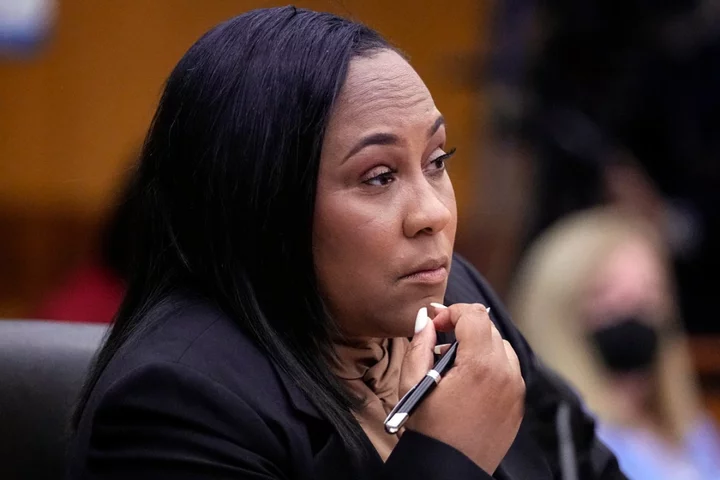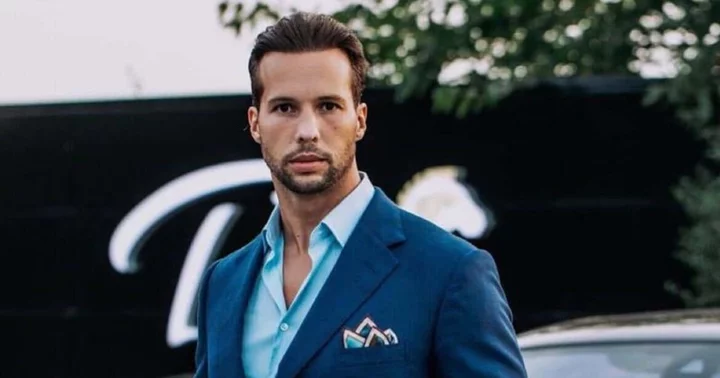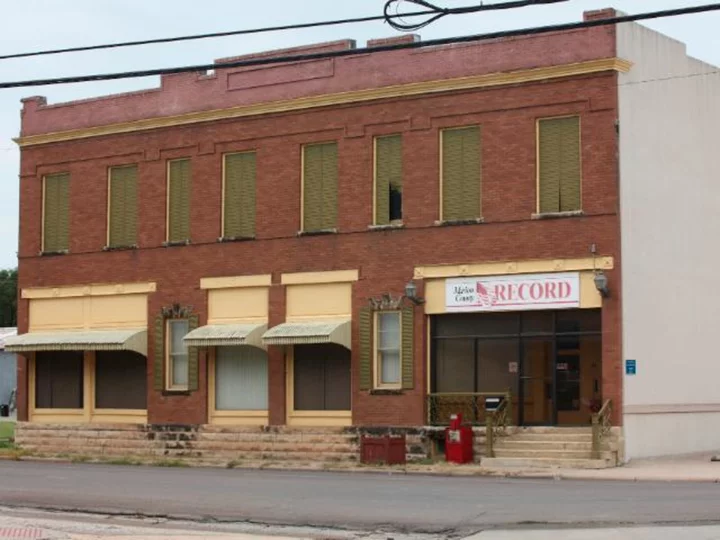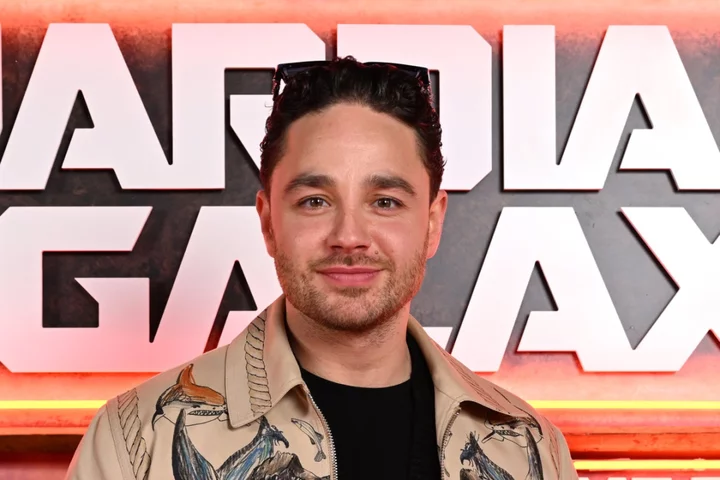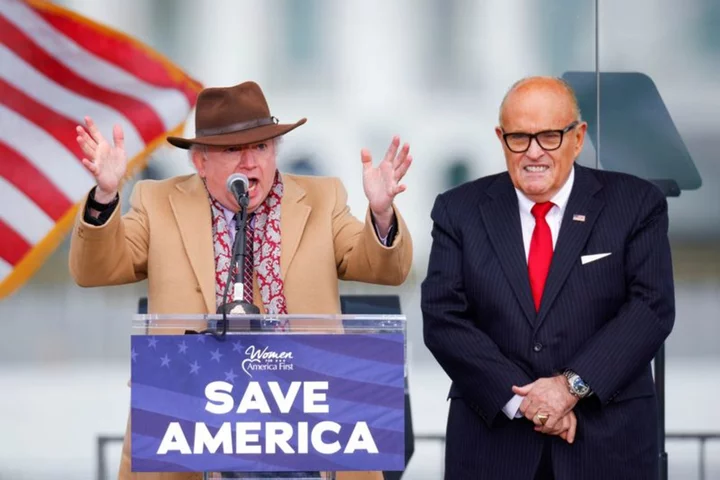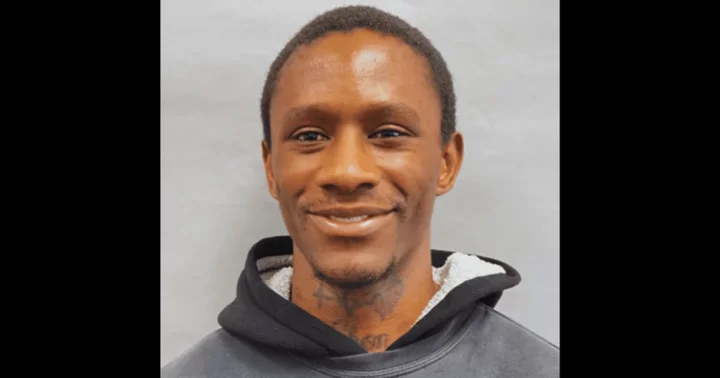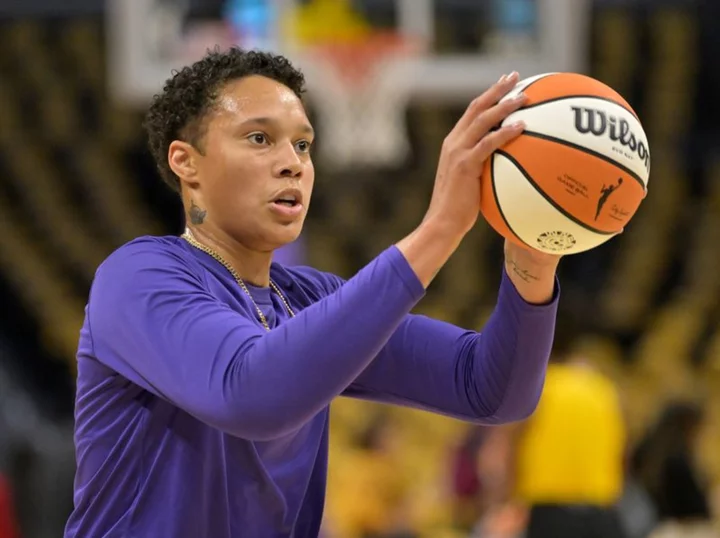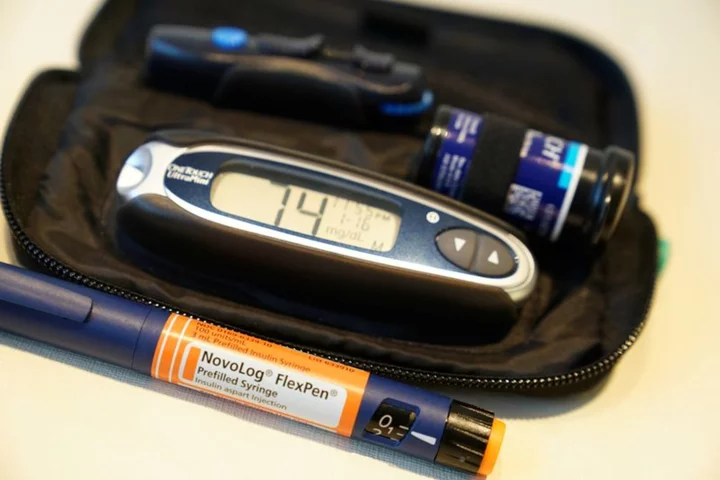Her first day as the chief prosecutor for Fulton County came with news that then-President Donald Trump attempted to pressure Georgia’s top election officials to reverse his loss in the state during the 2020 presidential election.
A phone call between Mr Trump and Georgia’s Secretary of State Brad Raffensberger was published by The Washington Post late at night on 3 January, 2021.
Hours later, Fani Willis would walk into her first day on the job as Fulton County’s district attorney, an office that is now spearheading a criminal investigation into Mr Trump, with the phone call serving as a central damning piece of evidence against him.
For more than two years, her office has been investigating efforts to overturn election results in the state and the baseless allegations of widespread election fraud that fuelled them, adding to a
A grand jury seated on 11 July is expected to consider charges against the former president and his allies. She has previously indicated that any potential indictments could follow in August.
The closely watched case against the former president could result in racketeering charges similar to those that Ms Willis has made a career out of bringing against dozens of others.
An anti-racketeering RICO statute – typically used to prosecute members of the Mafia and break up organised crime – has been used by her office in indictments against more than two dozen people connected to a sprawling Atlanta hip-hop empire, 38 alleged gang members, and 25 educators accused of cheating Atlanta’s public school system.
Such charges could also await Mr Trump, leaving Ms Willis in an unprecedented position of deciding whether to charge a former president – who is once again running for the Republican presidential nomination in 2024 – for a criminal offence.
“It doesn’t matter if you’re rich, poor, Black, white, Democrat or Republican,” Ms Willis told CNN last year. “If you violated the law, you’re going to be charged.”
‘Get out of my county’
Ms Willis graduated from Howard University in 1992 and Emory University School of Law in 1996. She began her career in the Fulton County District Attorney’s office in 2001, with roles in nearly every division in the agency, and serving as lead prosecutor in more than 100 jury trials.
She is the first Black woman elected to lead the count’s district attorney’s office.
Last year, her office charged rappers Young Thug and Gunna and 26 others in a sprawling, 65-count RICO case following an 88-page grand-jury indictment characterising their YSL group as a “criminal street gang” behind 182 instances of gang activity and criminal conspiracies.
Her office also led RICO indictments against 12 alleged members of the Bloods gang, including the rapper YFN Lucci, and 26 alleged members of the Drug Rich gang, connected to a gang string of robberies and home invasions across Atlanta.
“I have some legal advice: Don’t confess to crimes on rap lyrics if you do not want them used,” she told reporters at a press conference last year. “Or at least get out of my county.”
In a controversial case from 2014, she served as the lead prosecutor in a RICO case involving 35 Atlanta public school educators tied to an infamous cheating scandal, ultimately resulting in racketeering convictions against 11 of 12 people accused of manipulating students’ standardised test scores.
As the county’s chief prosecutor, she has expanded her office’s gang unit and lobbied for passage of a statewide measure that would impose mandatory minimum sentences for repeat offenders and increase the power of the Georgia Bureau of Investigation in an effort to crack down on gang violence.
Following RICO charges against alleged members of the Drug Rich gang, accused of a series of high-profile robberies and shootings involving Atlanta’s wealthy, Ms Willis told reporters: “If you thought Fulton was a good county to bring your crime to, to bring your violence to, you are wrong and you are going to suffer consequences.”
‘Imminent’ charges
Over the last two years, the Fulton County district attorney’s office has helmed a criminal probe into whether Mr Trump and his allies illegally interfered with the 2020 election in the state, which several recounts have confirmed President Joe Biden won definitively against Mr Trump.
In January 2022, Ms Willis convened a special grand jury, a 26-member panel given subpoena power and investigative authority to interview witnesses and ultimately deliver a report, as per state law, that includes charging recommendations.
The grand jury does not have authority to issue an indictment. It will ultimately be up to Ms Willis to determine whether to charge Mr Trump and others connected to her case.
Her office sent letters to people connected to the so-called “alternate electors” scheme, including Georgia lawmakers and the chair of the Georgia Republican Party, and more than a dozen others who signed “unofficial electoral certificates” to subvert the Electoral College process and pledge the state’s votes for Mr Trump, who lost in Georgia.
Central to the investigation is Mr Trump’s call on 2 January, 2021, which he made days before a joint session of Congress convened to certify Mr Biden’s victory, while those faithful to Mr Trump made last-ditch efforts to pressure then-Vice President Mike Pence to reject the election’s outcome, or stormed the US Capitol in an antidemocratic show of force that has led to hundreds of federal prosecutions, including more than a dozen on treason-related charges.
A list of grand jury witnesses included former White House chief of staff Mark Meadows, US Senator Lindsey Graham and former Senator Kelly Loeffler, and five members of Mr Trump’s legal team, including Rudy Giuliani, Jenna Ellis and “fake elector” architect John Eastman, among several others.
The grand jury investigation also looked into a phone call on 13 November, 2020 from Senator Graham to Mr Raffensberger, as well as Mr Trump’s own remarks to a rally crowd months after he left the White House in which he appeared to publicly brag that he had asked Georgia’s Governor Brian Kemp to “help us out” and re-do the election.
In all, the special grand jury heard from roughly 75 witnesses before dissolving in January.
As a judge heard arguments on 24 January whether to publicly release the grand jury’s report, Ms Willis said that a decision from her office on whether to bring criminal charges was “imminent”.
In a series of Truth Social posts during the hearing, Mr Trump continued to lie about the results of the 2020 election, defended his “perfect” phone call to Georgia officials, and baselessly alleged widespread vote manipulation.
Judge Robert McBurney granted a partial release of the special grand jury’s report, which includes its introduction and conclusion and a section in which jury members expressed concerns that some witnesses may have lied under oath.
The recommendations to Ms Willis include “a roster of who should (or should not) be indicted, and for what, in relation to the conduct (and aftermath) of the 2020 general election in Georgia.”
A partially released report shows that the jury unanimously agreed that “no widespread fraud took place” in Georgia’s election following interviews with election officials, analysis and poll workers.
It also includes a recommendation to the Ms Willis’s office to seek indictments for “one or more” witnesses who likely committed perjury, and it will ultimately be up to her office to “seek indictments where she finds sufficient cause”. The publicly released filing does not include witness names, names of people recommended for indictments, or other reccomended charges.
Asked on 13 Febrary how she feels about the judge’s decision to publicly release parts of the document, Ms Willis smiled and told reporters: “I’m pleased with it.”
This story was first published on 15 February and has been updated with developments
Read More‘I need 11,000 votes. Give me a break’: The Georgia phone call that could bring down Donald Trump
The 20 major lawsuits and investigations Trump is facing now that he’s left office
Why Donald Trump’s phone call seeking to overturn Georgia election results was so damaging

